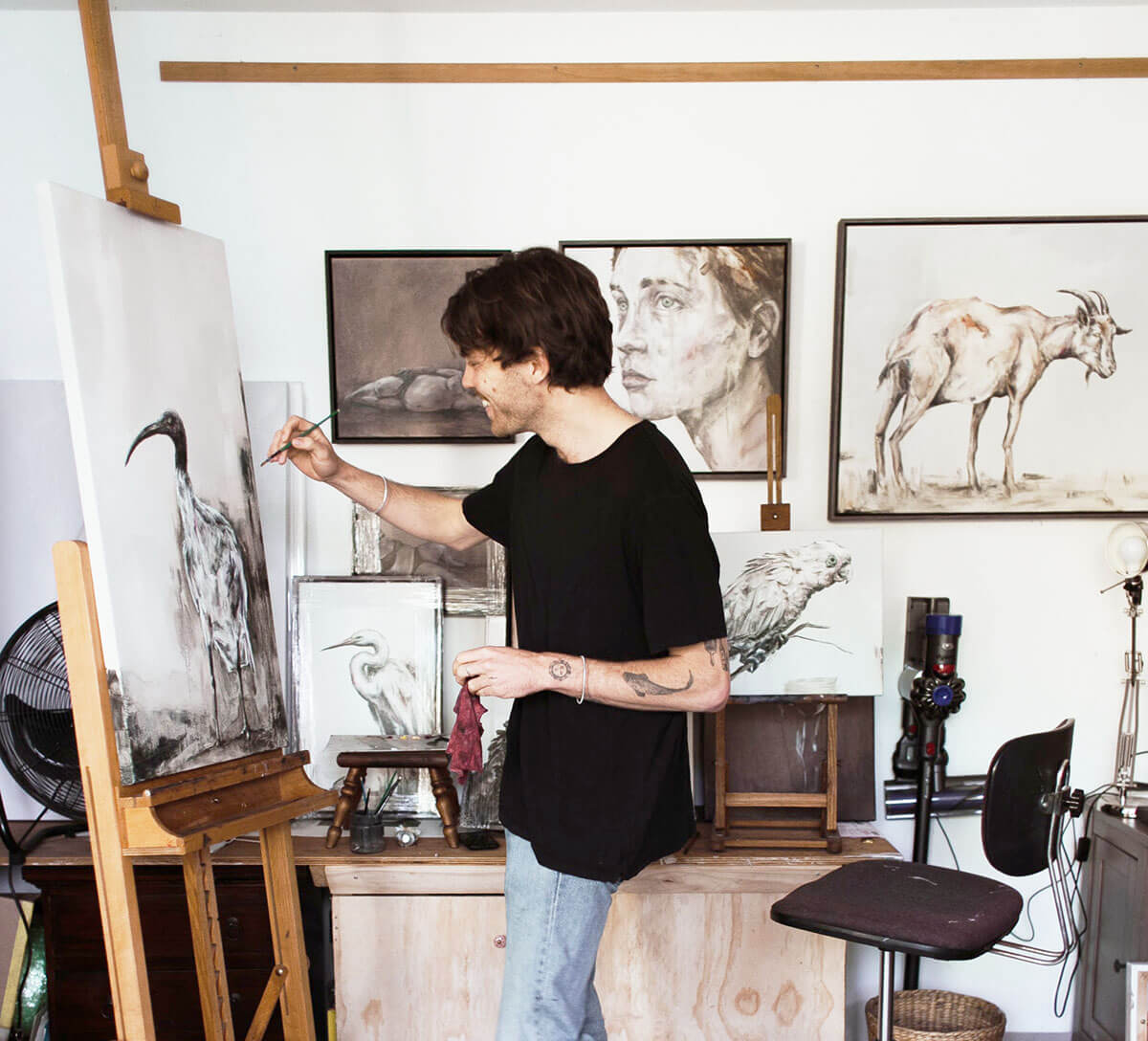The ink is not yet dry on Casago’s proposed acquisition of Vacasa, but the deal continues to spark discussion in the vacation rental space.
The chatter has mainly focused on Vacasa being eight times larger than Casago, a fact which led to Casago’s CEO Steve Schwab being asked if he is “crazy” at a recent event.
Schwab, who joined a panel on investment and growth strategies in the vacation rental segment at the Short Stay Summit in London last week, said he “likes puzzles.”
A further reason for the attention has been the back and forth between a special committee of Vacasa’s board and Davidson Kempner, a shareholder in the property management business, which has offered higher bids.
In a regulatory filing earlier this week, Vacasa laid out why it believes the Casago transaction is the best for shareholders. It said the committee had conducted a “robust strategic review process” to ensure the Casago deal “delivers the highest available value,” adding that it also provides more certainty.
Subscribe to our newsletter below
During the session at the Short Stay Summit, Schwab said:
“I think that there is a lot of value to unlock. With the right stewardship and being thoughtful about how we go forward, I think there’s a lot of value there that we can bring back to the local operators.”
He was joined on the panel by Vered Raviv-Schwarz, president and chief operations officer of Guesty, and Saber Kordestanchi, co-founder of Hostaway. Both have attracted significant investments, with Guesty announcing Series F of $130 million a year ago and Hostaway landing $365 million last December.
Growth balance
Guesty has also made a number of acquisitions, including Rentals United in April 2024 and StaySense in 2023, but according to Raviv-Schwarz, the company does not believe in growth through acquisition alone. She also acknowledged inorganic growth is hard too.
“I think the right method is to really balance the two. You need, first of all, to have a strong product that is able to scale organically and capture market share and increase your leadership position in the market.”
Hostaway has not announced any acquisitions thus far, but Kordestanchi said he believes “there is a time and a place for both” organic and inorganic growth dependent on strategy.
“For us, it’s all about ROI [return on investment], which is exactly the same way that investors look at a business like ours,” he said.
“They look at businesses as Excel sheets to understand how are these businesses making money and how are they going to keep making money. And I think organic and inorganic are in the same model. And, timing also matters because based on the growth and momentum you might have in different regions, markets or with different products, you might want to execute on either of those two strategies.”
The flow of capital into some travel businesses could set false hopes around the availability of investment for everything, said Simon Lehmann, CEO of AJL Atelier, who moderated the session.
Graham Donoghue, CEO of Forge Holiday Group, who also joined the panel, said he is not seeing huge amounts of capital coming in.
The company (previously called Sykes Cottages) was acquired by private equity (PE) firm Vitruvian in 2019. Donoghue described what is happening currently as “dry powder,” whereby PE firms are sitting on significant amounts of committed but unallocated money.
“It’s a really tough environment,” he said.
“Some of the investors I talk to quite often think that if you’re a really good business, performing well in a weak market, you should be able to go in and buy everyone who is weak and get it really cheap. I’m not seeing that.”
Donoghue said he recently offered to buy a business at a “16x multiple and haven’t heard from them since. I’ve stopped buying things.”
Service not tech-play
The conversation moved on to tech-driven property management companies such as Vacasa and the pre-pandemic trend of raising funds based on being a technology player rather than a service provider.
Schwab said he believed private equity had been “duped, fooled into thinking that this was somehow a tech play and they were going to scale.”
“It’s not a tech play, it’s a people play, it’s a service and it’s service through the lens of hospitality. If you’re not out turning wrenches and cleaning toilets and loving on your homeowners and taking care of your guests, you’re not going to succeed.”
He also said technology can be used to make you “bionic” and take care of repetitive tasks that don’t require human intervention, but no one should expect private equity to believe property management is “a tech play with tech multiples.”
Raviv-Schwarz said she had warned investors and large property managers five years ago that the tech-driven model was not scalable.
“You can’t just build a tech platform for one customer. It just makes no business sense. Know what your product is. Your product is your properties, your service and guest excellence. Your product is not tech. Tech is an enabler.”
Phocuswright Europe 2025
Join us in Barcelona from June 10 to 12 where executives from Airbnb and HomeToGo will discuss the latest trends in vacation rental, including acquisitions, AI and investment.








